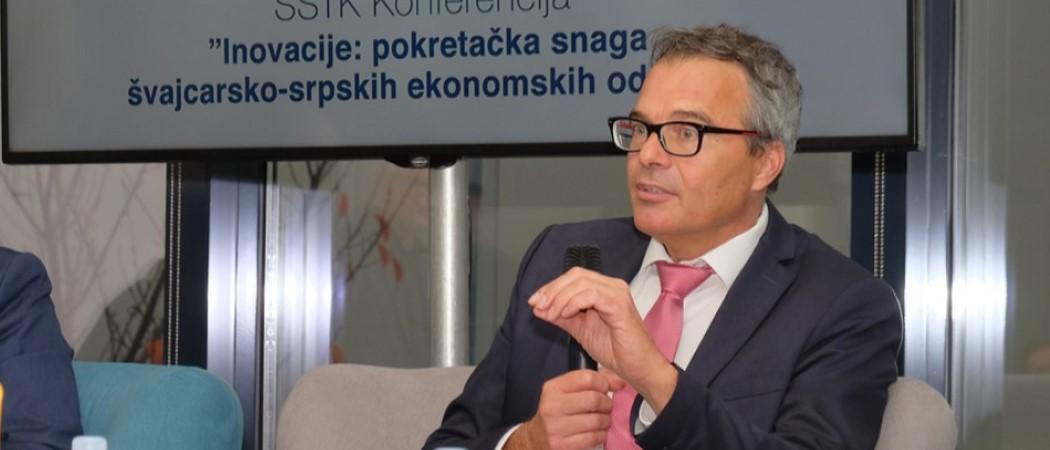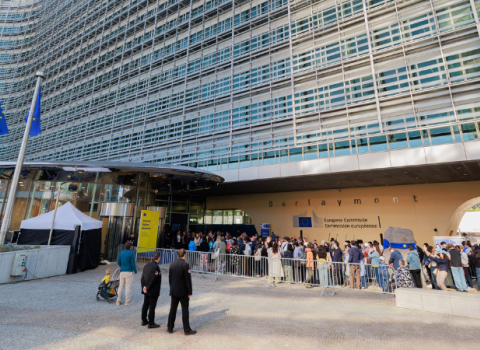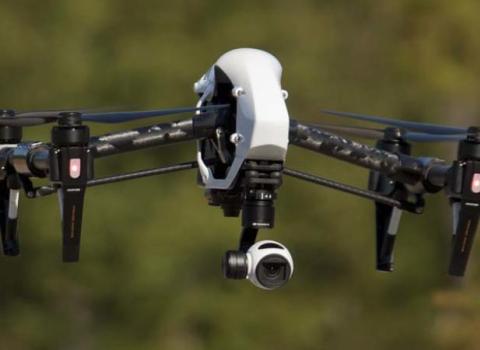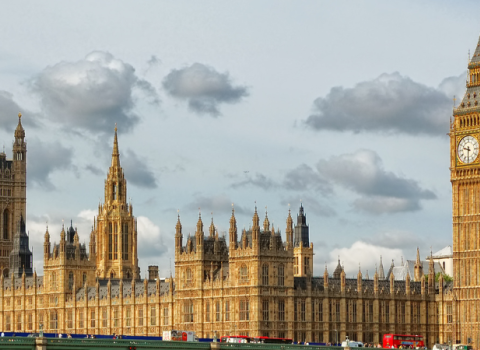EU official says Brussels will ‘weigh up’ country’s access to Horizon Europe scheme after failure of long-running treaty negotiations

Olivier Küttel, head of international affairs at the Swiss Federal Institute of Technology in Lausanne. Photo: Swiss-Serbian chamber of comerce
Switzerland has pulled the plug on seven long years of negotiations to upgrade its relations with Brussels, in a move that casts a shadow over the country’s participation in the EU’s €95.5 billion Horizon Europe research programme.
Both sides have spent years thrashing out an over-arching treaty. Officially, talks on this new accord have nothing to do with science collaboration, or with Switzerland’s attempts to renew its place in the EU’s research programme as an associate member.
However, speaking after the decision by the Swiss Federal Council to end talks, an EU official said Brussels would now weigh the “value added” of Swiss participation in the Horizon Europe scheme “against the state of the overall relationship.”
Switzerland, like other non-EU countries, including Israel and the UK, is keen to join Horizon Europe as an associate member, allowing it to compete for grants on the same basis as the 27 EU states.
But the process of opening Horizon Europe to foreign countries has been slow and complicated, and some now fear a lack of goodwill on the EU side towards Switzerland could see the country offered poorer access terms than for previous research schemes.
“We are very concerned and call on the European Commission and the Swiss government to find solutions to associate Switzerland to Horizon Europe,” said Olivier Küttel, head of international affairs at the Swiss Federal Institute of Technology in Lausanne. “We would like to remind the EU that there is no formal or legal link between Switzerland‘s association to Horizon Europe and the Swiss-EU treaty.”
“The Commission is making a political link, so a solution should be possible assuming political will. If we are not associated, the EU and Switzerland loses,” Küttel added.
Swiss universities sounded the alarm over the EU-Swiss treaty on May 15, calling its completion “of central importance” for Swiss research.
“The EU has clearly signalled that it considers progress towards the conclusion of a framework agreement to be a prerequisite for Switzerland's participation in the research and education programmes,” the statement from the swissuniversities association said.
Switzerland experienced the high price of exclusion from EU research projects in 2014 in the wake of a narrow plebiscite vote to introduce quotas on immigrants from the EU to Switzerland. The vote kicked up considerable dust in Brussels, and the country was first completely, and then partially, excluded from the EU’s Horizon 2020 programme.
Researchers from Switzerland were involved in significantly fewer international projects and received less funding from the EU. In addition, Switzerland “lost its international appeal as a centre of research, education and innovation,” Swiss Universities says. A compromise was eventually found, and Swiss researchers were fully re-admitted to the programme.
Door not closed
Bern made the decision to walk away from negotiations this week amid domestic opposition to the deal, with critics arguing that it infringed the country's sovereignty. "The conditions are thus not met for the signing of the agreement," the Swiss government said.
Failure to agree on the treaty prevents Switzerland from gaining any new access to the EU single market, such as an electricity union. Existing bilateral agreements will eventually go out of date, such as that on cross-border trade in medical technology products, which lapsed this week.
“Without this agreement, this modernisation of our relationship will not be possible and our bilateral agreements will inevitably age,” the Commission said in a statement.
Even before talks blew up this week, Brussels was already proposing to exclude Switzerland and other non-EU countries from research projects deemed sensitive to national security, such as quantum and space. EU leaders, notably internal market commissioner Thierry Breton, insist that strategic autonomy has become an imperative for the bloc. The debate on how much of Horizon Europe should be open to the world drags on, and it could yet see Switzerland offered fewer points of entry into EU research consortia.
Brussels officials have done little in recent months to hide their frustration with Switzerland over the failure of talks that started some seven years ago.
“We didn’t have high hopes,” an official in Brussels said. However, the same official added that cooperation with Switzerland would inevitably continue, saying, “This is not the closing of a door.”
A statement issued by the Swiss Mission to the EU said, "The Federal Council considers it to be in the shared interest of Switzerland and the EU to safeguard their well-established cooperation and to systematically maintain the agreements already in force. It therefore wishes to launch a political dialogue with the EU on continued cooperation."





 A unique international forum for public research organisations and companies to connect their external engagement with strategic interests around their R&D system.
A unique international forum for public research organisations and companies to connect their external engagement with strategic interests around their R&D system.